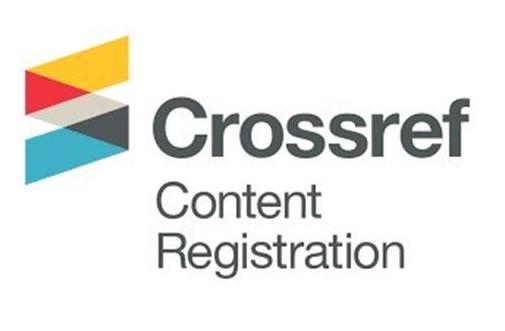Education 2021
For a history of the future
DOI:
https://doi.org/10.34626/esc.vi41.297Keywords:
learning, education of the future, continuing studies, educative public space, school model, modern pedagogyAbstract
To think about the future is a risky and many times futile endeavor. However, we give in to the temptation of imagining what is going to happen. And in that way, we try to seize the ever escaping fate. Like Pierre Furter – to whom this essay is dedicated2 – has written: the horizon does not exist in order to take us back to the starting point, but so we can ponder the distance that is still left. The homo viator builds his house just for the time that is needed, because when he walks he finds and discovers the meaning of his own actions (Furter, 1966: 26). We need broad mindsets, encouraged by thoughts that are not limited by the borders of the immediate present, nor by the illusions of a future perfect. Just like Reinhart Koselleck (1990), I’m interested in understanding how the past is engraved in our experience, and how the future is insinuated in present history. This text is structured around the future-present logics. I point out, symbolically, three moments that constitute moments of transition: 1870, 1920 and 1970. I have tried to contextualize each of them historically, and to explain how the issues established open up to contradictory evolutions of the educative systems. In the last part, the future, I suggest a synthesis of these evolutions and I define my own options regarding the most desirable scenario for 2021 education.
Downloads
Downloads
Published
How to Cite
Issue
Section
License

This work is licensed under a Creative Commons Attribution-NonCommercial-ShareAlike 4.0 International License.
Authors retain copyright, without restrictions, in their articles and grant the journal right of first publication with the work simultaneously licensed under Creative Commons Attribution ShareAlike Licence 4.0 International (CC BY-NC-SA). Readers are free to copy, display, distribute, and adapt an article, as long as the work is attributed to the author(s) and ESC, the changes are identified, and the same license applies to the derivative work. Only non-commercial uses of the work are permitted.








